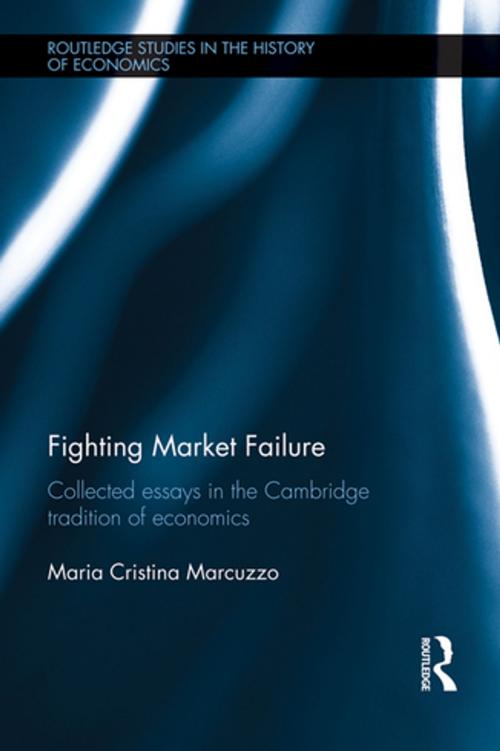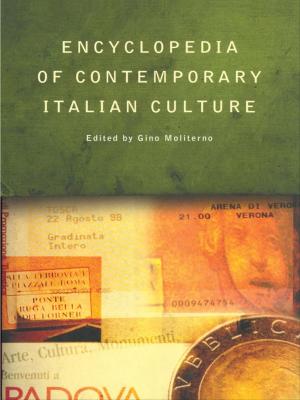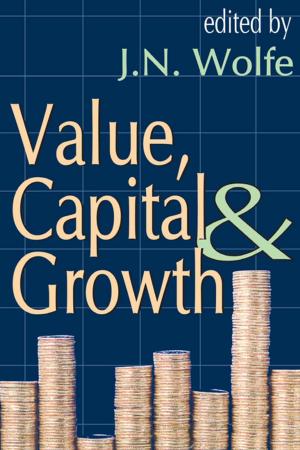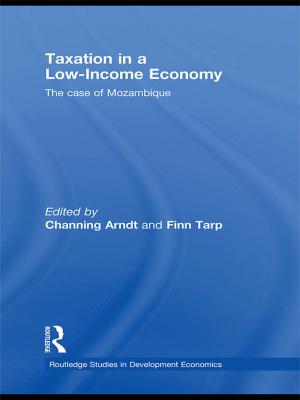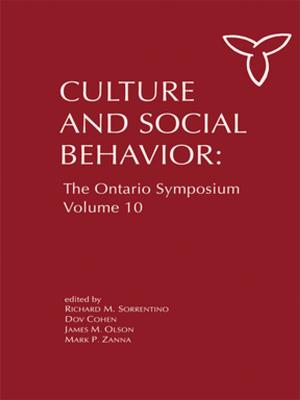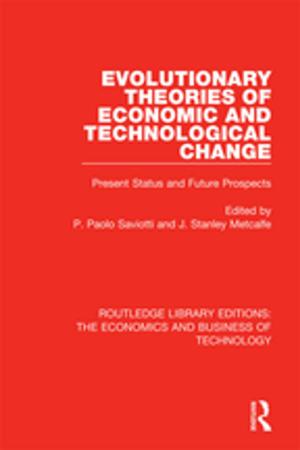Fighting Market Failure
Collected Essays in the Cambridge Tradition of Economics
Business & Finance, Economics, Money & Monetary Policy| Author: | Maria Cristina Marcuzzo | ISBN: | 9781136662331 |
| Publisher: | Taylor and Francis | Publication: | March 12, 2012 |
| Imprint: | Routledge | Language: | English |
| Author: | Maria Cristina Marcuzzo |
| ISBN: | 9781136662331 |
| Publisher: | Taylor and Francis |
| Publication: | March 12, 2012 |
| Imprint: | Routledge |
| Language: | English |
This collection brings together fifteen essays published between 1994 and 2008 which all look into the contribution of a remarkable group of economists known as the "Cambridge school" or the "Cambridge Keynesians". The people involved are better defined as a "group" rather than a "school", to denote not adhesion to a common body of doctrine but rather the idea of both cohesion and sharing. This collection focuses on Keynes, Kahn, J. Robinson and Sraffa, who all shared in the physical space and lifestyle of the University of Cambridge. The bond between them was intellectual partnership, a recognised common ground, dialogue and acceptance of criticism. Some of the essays in this collection address the content, as well as the method and "style", of the type of economics associated with the Cambridge tradition at the very core of which those economists stand.
The first section opens with a chapter presenting the group within the physical and metaphorical place which was Cambridge, and the remaining five chapters centre on the life and work of each economist. The second section has papers looking at them in pairs, as it were, and revolves around the theme of their collaboration in various intellectual achievements. In particular, the opening piece makes the rather bold point that the road to the General Theory was not a solitary path. In other two papers much is said of Sraffa’s intellectual isolation in Cambridge and the difficulty of communication with Joan Robinson. The chapters in the third section take up aspects of their theories and approaches which justify the importance and relevance of the Cambridge tradition in economics.
This book should be of interest to students and researchers within the history of economics and economic thought, particularly those focussing on the Cambridge or Keynesian traditions.
This collection brings together fifteen essays published between 1994 and 2008 which all look into the contribution of a remarkable group of economists known as the "Cambridge school" or the "Cambridge Keynesians". The people involved are better defined as a "group" rather than a "school", to denote not adhesion to a common body of doctrine but rather the idea of both cohesion and sharing. This collection focuses on Keynes, Kahn, J. Robinson and Sraffa, who all shared in the physical space and lifestyle of the University of Cambridge. The bond between them was intellectual partnership, a recognised common ground, dialogue and acceptance of criticism. Some of the essays in this collection address the content, as well as the method and "style", of the type of economics associated with the Cambridge tradition at the very core of which those economists stand.
The first section opens with a chapter presenting the group within the physical and metaphorical place which was Cambridge, and the remaining five chapters centre on the life and work of each economist. The second section has papers looking at them in pairs, as it were, and revolves around the theme of their collaboration in various intellectual achievements. In particular, the opening piece makes the rather bold point that the road to the General Theory was not a solitary path. In other two papers much is said of Sraffa’s intellectual isolation in Cambridge and the difficulty of communication with Joan Robinson. The chapters in the third section take up aspects of their theories and approaches which justify the importance and relevance of the Cambridge tradition in economics.
This book should be of interest to students and researchers within the history of economics and economic thought, particularly those focussing on the Cambridge or Keynesian traditions.
